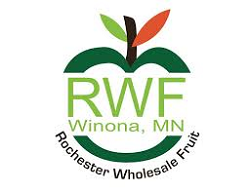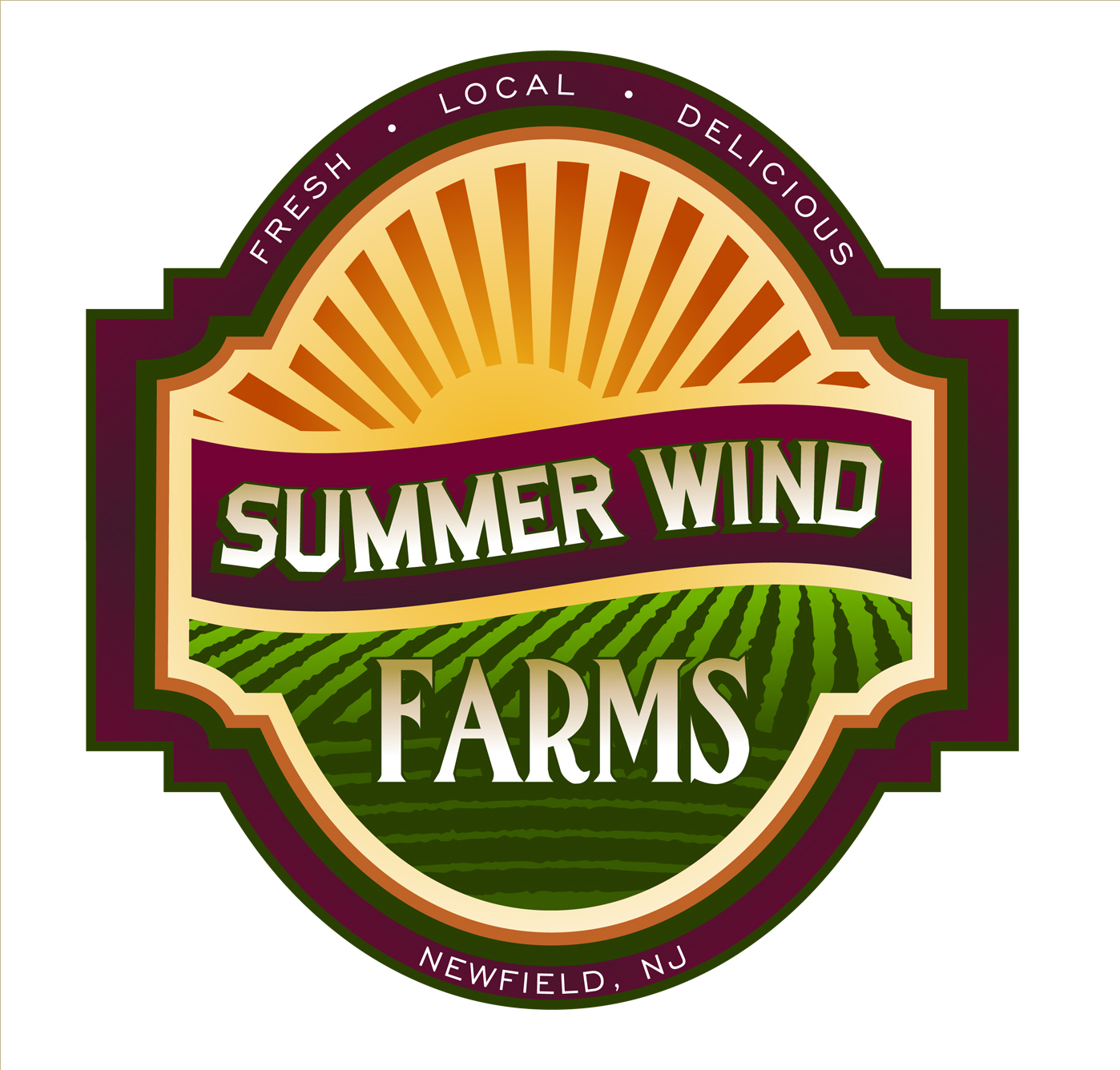In the popular 1992 courtroom drama “A Few Good Men,” prosecuting attorney Capt. Ross (played by Kevin Bacon) asks a corporal on the witness stand about the movie’s central theme, the Code Red — internal discipline, which according to the Marines, does not exist. Not in print anyhow. Defense attorney Lt. Kaffee (played by Tom Cruise) deftly counters, pointing out that by the same token, the common “mess hall” term isn’t in any manual either.
In the produce aisle, we have lots of unofficial terminology too. We say things like cukes, grunions, TOVs (instead of cucumbers, green onion, and tomatoes on vine, respectively). I recall working in our buying office one early afternoon many years ago, speaking to someone in Nogales, Ariz., about adding a few “boards” (pallets) of cherry tomatoes on one of our trucks. The salesman on the other end of the phone said, “Mañana.”
“Oh, tomorrow?” I answered naively, knowing that we had another truck loading the next morning. Gene, another buyer in the office waived at me wildly while he held his phone.
“Mañana in Nogales doesn’t mean tomorrow,” Gene confided. “It means not today.”
Ah, so that’s how this works, I thought. Much of produce lingo is rather colorful (and a good deal of it is not suitable for an otherwise family-oriented publication). However, just for fun on this hot August evening, I thought I’d touch upon the subject. Here are just a few, not-in-the-manual terms that come to mind:
Related: Read more insight from Armand Lobato
• Diamonds: When produce is described as diamonds, this means the quality is top notch, impeccable, flawless. This is typically peak-season produce — bloom-fresh, blemish-free fare. It’s rare description seldom used except by those willing to stake their reputation on the line. Think spring strawberries or high-blush July peaches. Something to be extra proud of to sell, buy or stock.
• Eats like candy: Similarly along the diamond-line of terms, except this has to do with peak maturity and extra-sweet, optimum-brix-level quality. Not unlike “sink produce” you may have heard of, where it’s advisable to eat the fruit while holding extra napkins and leaning over a kitchen sink. Juicy. Yummy. Think of perfectly ripe watermelon, cantaloupe or pears.
• Kicked: OK, this is a bad thing. For everyone involved. When a load is kicked it means it has been rejected. Time for the shipper, the salesperson, the quality control inspector, the buyer — everyone involved — to react accordingly. A kicked load could lead to a USDA inspection, buying product “off the street” (getting covered from local wholesalers), putting the load back on the trailer for a third party to re-sort or rework the load, or keeping the load and asking the shipper to “hold the buyer’s hand” (anticipate possible or imminent credit requests). In any case, a kicked load is never good.
• Legs: Produce legs refers to a product’s longevity or shelf life. For example, peak-season onions have longer legs than, say, high-respiration items like raspberries or mushrooms. When we say something has legs, that’s an indication of confidence that the produce item can be stored longer than usual; it’s typically limited to items such as apples, citrus, hard squash or in-shell nuts. (“Bullets” fall into this category too — produce that holds up well and is not easily bruised or mishandled).
• In the dock: This is my favorite. I remember speaking to a shipper once who assured me that my truck was “in the dock.” Reassured it was being loaded, I hung up. My counterpart advised me not to be so sure. It turns out that “in the dock” to this particular shipper really meant that my driver had checked in with the guard shack, was likely last in a 20-truck line and would be lucky if he got loaded by midnight. That is, if the shipper still had product to load. It’s like the phrase, “The check’s in the mail.” The lesson was simple, yet valuable: trust, but verify. Ask pointed questions.
• In the wind: Getting a fully loaded produce truck on the road to its destination. Truck drivers are today’s version of yesterday’s cowboys: always out on the trail, helpful, courteous, with hearts of gold and — where would we be without them? They also have their own internal jargon. (A topic for another day.) Suffice to say I loved to listen to them as we dispatched or verified their “picks.” Once, a driver described how he was going to “make it to such-and-such point by day’s end,” where he planned to “stop at some truck stop diner that served superb meatloaf and creamy mashed potatoes smothered with gravy, topped off with a big hunk of homemade cherry pie and a hot pot of coffee. Wanna join me?”
It made me want to put my pickup truck in the wind to meet him, but alas … “Mañana,” I replied.
Armand Lobato works for the Idaho Potato Commission. His 40 years of experience in the produce business span a range of foodservice and retail positions.














